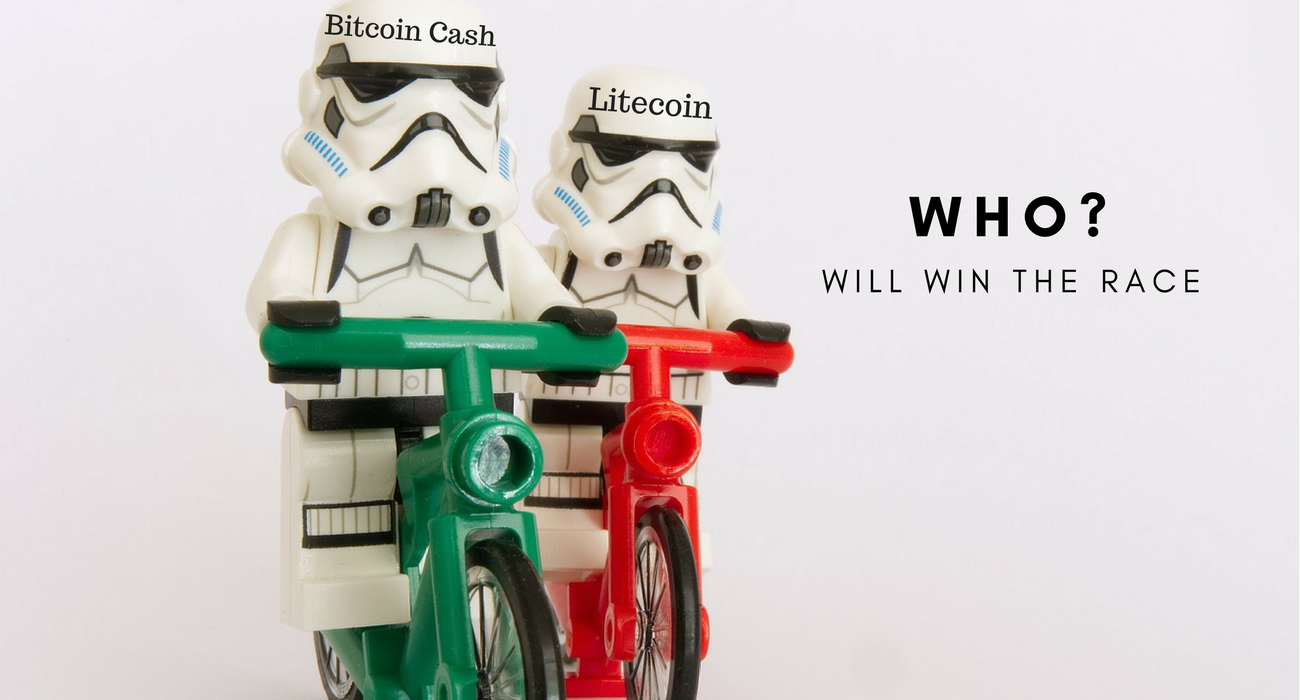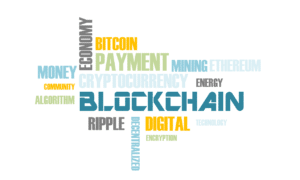Bitcoin Cash and Litecoin are locked in a race to innovate as Microsoft announced its backing of the lightning network. The announcement by the tech giant this week that it is supporting lightning network as a robust option for Bitcoin Blockchain shook the cryptosphere.
When Bitcoin Cash was forked from Bitcoin last August, the selling point was the transaction speed enhancement that dwarfed the Bitcoin Blockchain speed of processing on a 3 to 1 basis. In effect, by stripping off signature data and increasing block size, transactions got expedited on the Bitcoin Cash platform.
The departure point between Microsoft and Bitcoin Cash is the issue of a compromise of the decentralized nature of Blockchain transactions through on-chain scaling utilized by BItcoin Cash. Off-chain scaling has the support of Microsoft and could lead to processing of millions of transactions per second. The adoption of the Bitcoin Cash Blockchain on a global scale will be impeded if the on-chain scaling subsists, according to the Microsoft release.
Litecoin users and stakeholder community have followed this debate closely since last October, and it appears Litecoin will be able to implement this software change in no time. The question is, will Bitcoin Cash innovate and go with the flow?
That Lightning Effect: Bitcoin Cash vs. Litecoin
Bitcoin transactions are currently processed and bedeviled by an attendant waiting time that slows down the momentum and efficiency of the platform. Using the lightning network protocol, transactions can be processed on the Blockchain without repeating single transactions. Rather, single transactions will be sorted off-chain and passed on the Blockchain as an entry instead.
Users and stakeholders will see their transactions processed as final balances instead of a continuous line of single entries that clogs the network.
The lightning network uses the P2P mechanism to sift through micro payments by cryptocurrencies without passing them to third parties or incurring processing fees. The question of transaction trails is answered by smart contracts used to store each entry so that they can be bundled as a block that references opening as well as closing balances.
Two parties can then have multiple transactions between them while the network processes such as a transaction. In effect, the energy and resources used for recurrent mining on the Blockchain are saved, and there is an immense cost-saving advantage for miners and all parties to Blockchain transactions.
Last Words
Who will win the race to the future between Litecoin and Bitcoin Cash? We will wait with bated breath and see the outcome!














Pingback: Ripple Paper Promises New Support for $40 Billion XRP
Pingback: Bitcoin Price Tumbles as Google Trends and Trading Volumes Decline
Pingback: 5 Reasons Why Cryptocurrency Will Flourish in 2019